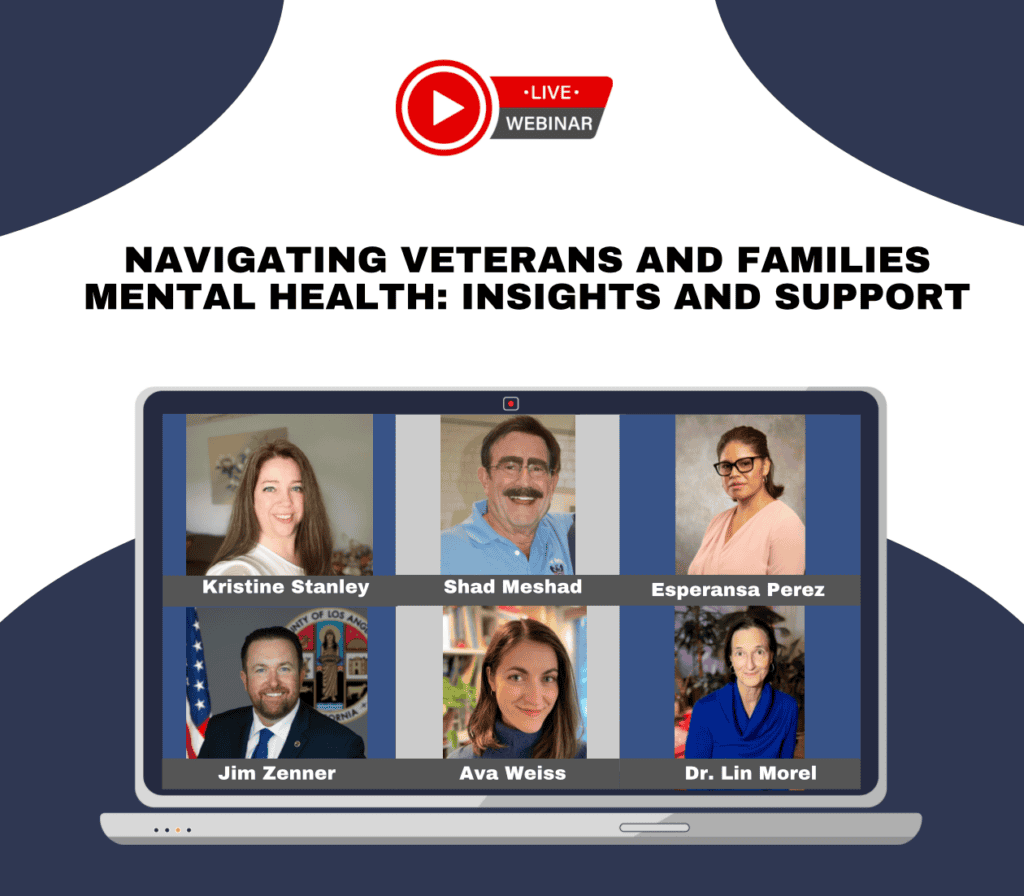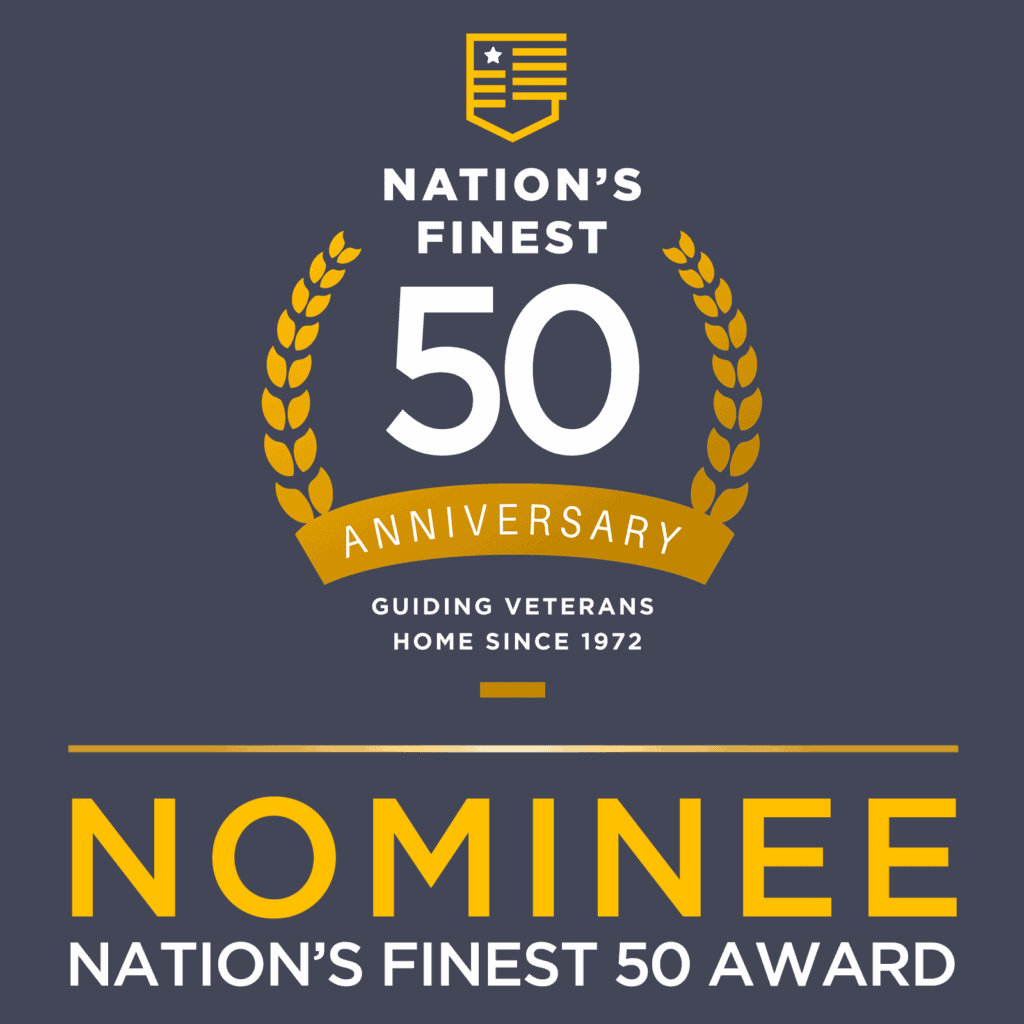It’s the Same the Whole World Over…for Veterans
“War changes you, there’s no denying that. It’s useless
to say it doesn’t or that you’ll get over it. You don’t.”
Doesn’t this sound like it could have been said by a veteran you know? I’ve heard this countless times in my years as a counselor and veteran advocate. You’ve probably heard it from a relative or friend. It might surprise you to learn that this quote is from an 84-year-old WWII veteran from Finland.
Journalist Lily Casura, also a veteran advocate and founder of HealingCombatTrauma.com, shared this study from Finland’s University of Jyvaskyla, “The Lifelong Struggle of Finnish World War II Veterans” by Sirkka Nivala and Anneli Sarvimäki. Often, our focus is on recent, younger veterans. This study documents what we all know to be true: that “…war experiences continue to impact those who have been involved in war for a long time.”
In fact, the impact is lifelong, as we’ve learned from our Vietnam vets and our own WWII and Korean vets. Also, I might add, Bosnia and the first Gulf War.
From the same study:
It was easier to talk about physical traumas than psychological ones. The psychological traumas and stress reactions were experienced as nightmares. The nightmares had become fewer as time went on but they were not completely gone for the interviewees. Being absorbed in work had been an efficient way to keep the nightmares away. When the interviewees were younger they had sought comfort from alcohol and drugs.
In this succinct paragraph we get several core issues our veterans also face:
- physical and emotional trauma
- the importance of meaningful work
- self-medicating with drugs and alcohol.
Later in the study, the vets talk about the importance of family, and the difficulty of “starting life from scratch,” meaning returning to life after the war, “injured and without work or education, with no ready-made societal solutions to their problems.”
Is Finland reading our mail? There’s more. Finland’s WWII vets reported that many health problems had occurred later in life as a consequence of war. I think immediately of Agent Orange in “my” war, of vets who died before we acknowledged the effects of that toxin, of the ones, some of them dear friends, who are dealing with it now.
The more we know about war and its effects, the more there is to do. Once we had PTSD listed in the DSM (Diagnostic and Statistical Manual of Mental Disorders), it wasn’t that long before we had TBI (Traumatic Brain Injury) and now MST (Military Sexual Trauma) to deal with.
So what’s my point? That if we’re not moving forward, we’re backing up. With the deployment of as many as 18,000 troops in Afghanistan projected for 2018 now’s the time to get ready to support them and the troops they’ll replace, when they come home to us. And this: we’re up to these challenges, we really are. It takes awareness and concerted effort and vigilance. It takes caring. And paying attention.
And that last one might be the most important statement we can make to our veterans, because it says that their sacrifices make a difference. That we honor their commitment and appreciate their service.
Then there’s that last step: action. Write a letter to your local, state and national representatives. You know what to say—improve the VA, provide housing for vets and their families, make it easier for them to get the help they need. You can amp up your support to agencies that provide services to veterans, or make sure your company has a policy of hiring vets. So many ways you can make that statement.
If you come across a veteran of any era who needs help, here’s our Lifeline for Vets number: 888.777.4443.
You can be a part of our mission to help Veterans by making a tax-deductible donation!
About the Author
SUBSCRIBE TO OUR BLOG AND NEWS!
By submitting this form, you are granting: NATIONAL VETERANS FOUNDATION INC permission to email you. You may unsubscribe via the link found at the bottom of every email. (See our Email Privacy Policy for details.)
Related Posts





